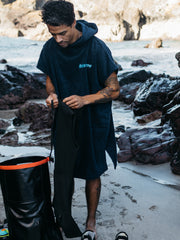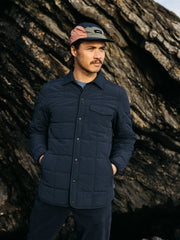Seagrass meadows provide valuable nursery habitat to over one fifth of the world’s largest 25 fisheries, and despite covering only 0.1 per cent of the ocean floor these meadows are highly efficient carbon sinks, storing up to 18 per cent of the world’s oceanic carbon.
As we learned at Sea7, Project Seagrass are working to protect and restore these incredibly valuable ecosystems. Below, Dr RJ Lilley provides us with a spring update on the project and how everyone can get involved with mapping the UK's seagrass meadows.





























































































